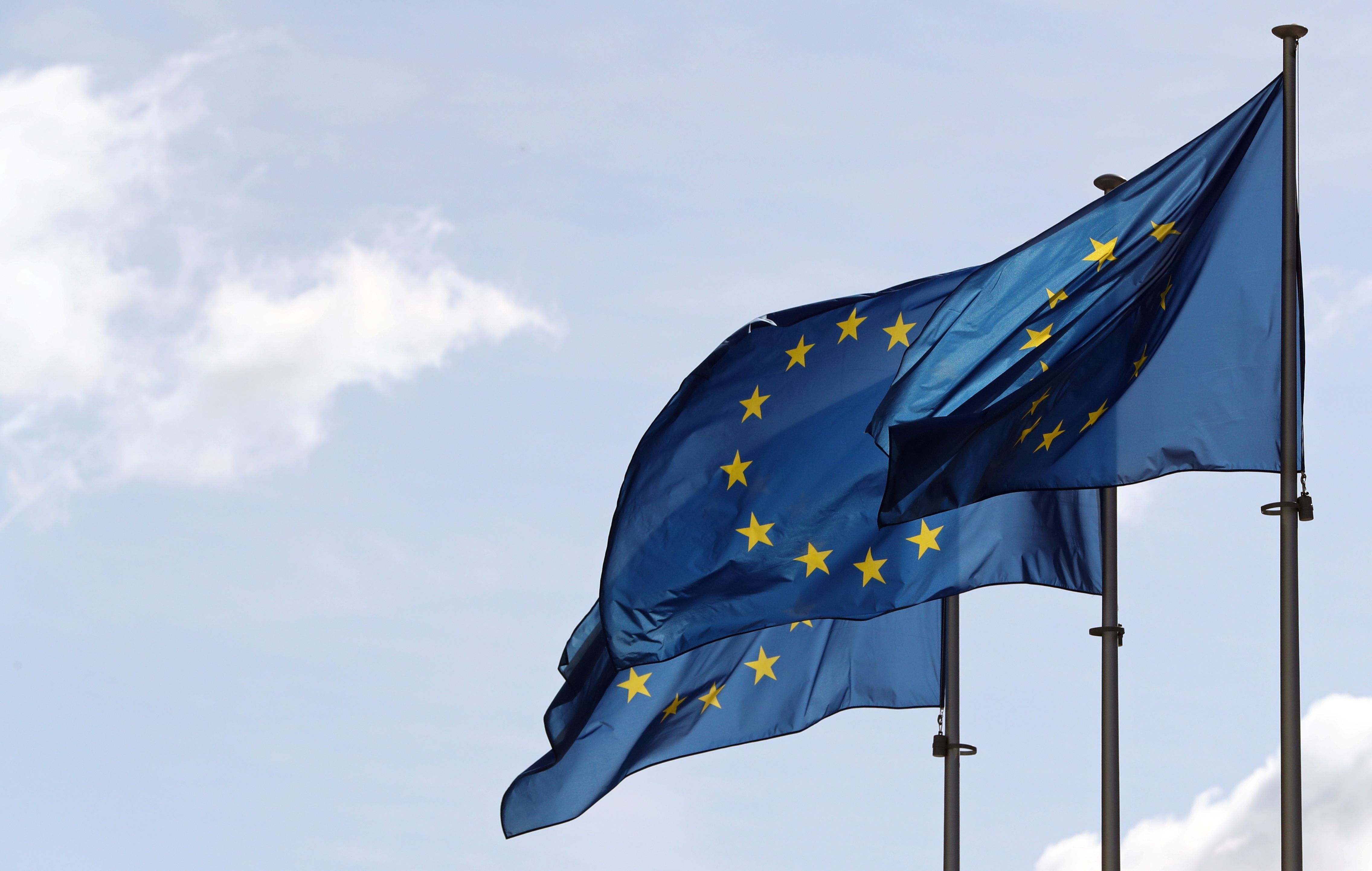EU Financial Sanctions on Russia's Banking Sector
On 2 March, the EU published further financial restrictions against Russia adopted in the scope of a third package of sanctions, including those related to the SWIFT system. Despite ambitious declarations at the European Council on 24-25 February, EU sanctions in the banking sector are selective, and the most important EU action so far has been to freeze the reserves of the Central Bank of Russia. To increase the problems of the Russian banking sector, the EU should freeze the assets of all major banks in Russia and cut off its entire sector from SWIFT. This is still an open issue for negotiation between the Member States.
 Fot. Reuters Photographer/Reuters/Forum
Fot. Reuters Photographer/Reuters/Forum
What are the EU sanctions in relation to SWIFT?
Starting from 12 March, the EU has banned the provision of specialised services in the field of encrypted communication used for the exchange of financial data—this applies mainly to the most widely used system, SWIFT, registered in Belgium—for seven Russian banks. The sanctions will cover the second-largest bank in Russia, VTB BANK, with 20% of all banking assets in the country, the investment bank VEB.RF, and smaller banks Novikombank, Sovcombank, Otkritie Bank, Bank Rossiya, and Promsvyazbank. Most likely because of the need for Russia’s energy raw material supplies to the EU, the list does not include the largest Sberbank, which has a third of all banking assets in Russia, nor Gazprombank, which handles oil and gas transactions. The selective application of these sanctions means that after the first weeks of turmoil on the financial market, counterparties from Russia will be able to carry out most of the transactions with the EU after they have transferred their accounts to banks not subject to the sanctions. Only a full cut-off of Russian banks from the SWIFT system can limit the scale of such payments.
What other financial restrictions were announced on 2 March?
The EU has also banned the sale, delivery, transfer, or export of currency in euro to Russia or to any entities in that country, including the government and central bank. An exception is for those carrying out such activities for the personal use of individuals traveling to Russia. This is likely linked to attempts to reduce Russia’s access to foreign currency in order to deepen its problems with banking sector liquidity. It is also most likely a response to the restrictions on the export of foreign currency from Russia adopted by its authorities on 28 February. The EU also banned investments in projects co-financed by the Russian Direct Investment Fund, as well as participation in its projects.
What are the most important EU financial sanctions so far?
The most important EU action includes (along with the U.S., Canada, the UK and others) freezing nearly half of the assets of the Central Bank of Russia. In 2021, 32% of Russia’s foreign exchange reserves (estimated at around $600 billion at that time) was in euros, 16% in dollars, 6.5% in pounds, 16% in yuan, and 22% in gold. Member States will only be able to agree to a financial transaction with the central bank if the financial stability of the entire EU is threatened. Together with the U.S. freezing the assets and transactions in dollars of the largest Russian banks (Sberbank and VTB) and the decision to cut off some banks from the SWIFT system, this is causing serious problems for the banking sector in Russia, along with a systematic outflow of foreign investors and actions regulating the financial market by Russian authorities. Average Russian citizens are already feeling the consequences of these decisions due to wage stagnation and rising inflation.
Similar to the U.S., the EU has limited trading in Russian securities and the refinancing of Russian sovereign debt. S&P and Moody’s have lowered Russia’s rating to “Baaa3” (so-called “junk” rating), Fitch has rated it B level, and Russian government bonds are losing value. In the banking sector, the EU has banned trading in securities and other financial instruments issued by only four banks: Alfa Bank, Bank Otkritie, Bank Rossiya, Promsvyazban.
What is the biggest gap in the EU financial sanctions?
Contrary to the U.S., the EU has not decided to freeze assets or prohibit transactions with the largest Russian banks, Sberbank and VTB, although these banks have financial reserves denominated in euro. It took action against three smaller entities—Bank Rossiya, Promsvyazbank, and VEB.RF. This selective decision results from the scale of the links between EU and Russian banks and from the possible costs to the Union. In the third quarter of 2021, Russian financial institutions owed EU banks as much as $84 billion (30% of this amount to French banks, 30% to Italian, 21% to Austrian, 10% to German, and 8% to Dutch banks). Before adopting such sanctions, which are being discussed at the EU level, Member States must prepare their banking sectors for losses and secure possible support from the European Central Bank.
The lack of a freeze on the assets of the largest banks means that even when banks are fully cut off from SWIFT, EU entities could execute transactions with them using solutions other than encrypted communication, although more expensive and more burdensome. Nevertheless, the American sanctions will significantly worsen the situation of Sberbank and VTB, as according to U.S. estimates, 80% of daily transactions of Russian financial institutions were carried out in dollars. Moreover, in case of the risk of tightening sanctions, many clients will strictly limit their activities based on their own decision and withdraw contributions due to a fear of financial penalties. Sberbank has already closed its branches in the EU for this reason.
What action should the EU take?
The EU should freeze the assets of all of Russia’s largest banks and financial institutions—in particular Sberbank and VTB—and their subsidiaries and cut them off from the SWIFT system. This would aggravate the problems of the Russian banking sector, and rebalancing it through government intervention would further deplete Russia’s financial reserves. Even in a situation in which Western countries fully cut financial ties with Russian banks, the problem for the EU will be how to effectively enforce the sanctions, as the Russian authorities will likely try to circumvent the restrictions by operating on the black market or making payments through intermediaries in other countries (e.g., the Eurasian Union). As EU sanctions are implemented by Member States, the European Commission should appoint a task force composed of national experts working in the banking sector that can develop better mechanisms to control compliance with EU financial sanctions, including for private persons (e.g., oligarchs), companies, and other institutions with connections to Russia.


